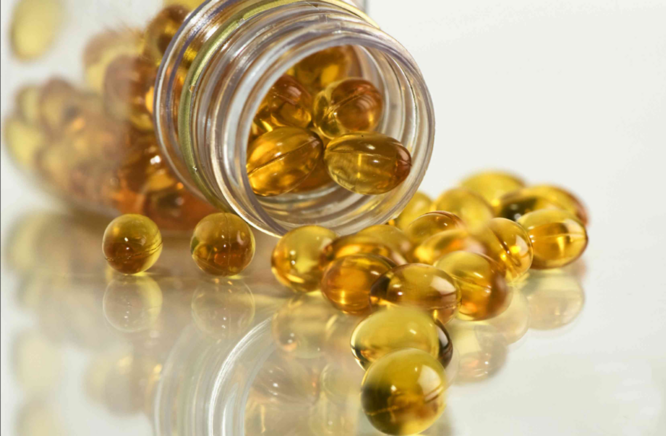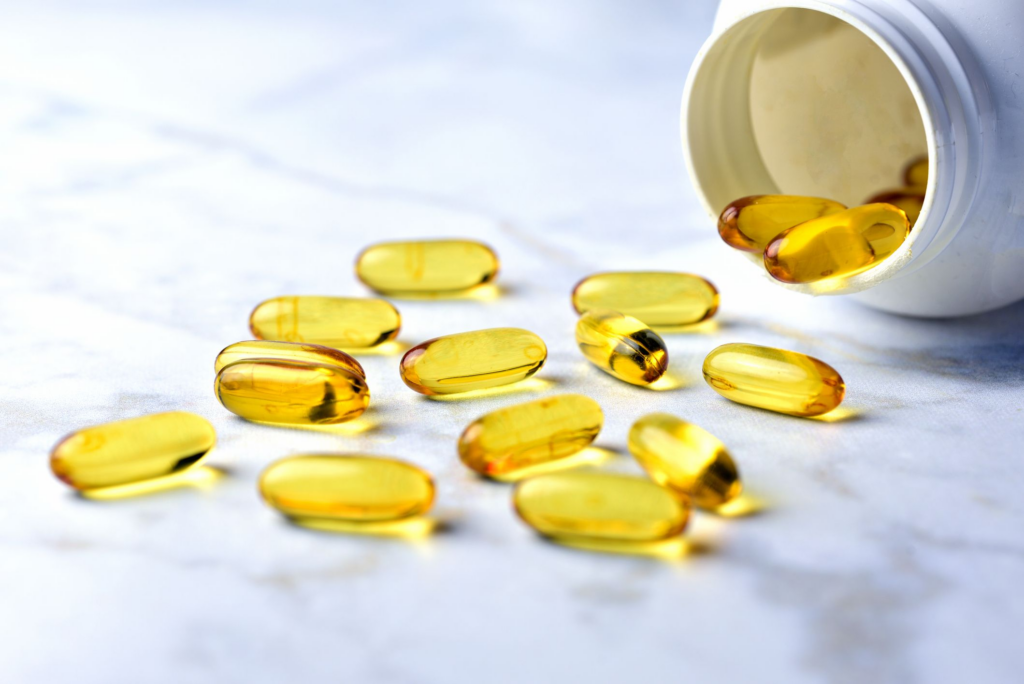
Need DHA? Know its purpose 2023
Sanjh
- 0
Worldwide, fish is a staple dietary source. There are over 32,000 species of fish, but only a fraction of them are consumed as sustenance. Docosahexaenoic acid, or DHA, is an omega-3 fatty acid that is abundant in oily animals like salmon. DHA has numerous health benefits and is an essential component of fish oil supplements.
Since they are not as strictly regulated as FDA-approved pharmaceuticals, dietary supplements such as fish oil can be difficult to navigate.
Dr. Julie Chen, an internal medicine physician with Kaiser Permanente in Gaithersburg, Maryland, and Lorraine Fye, a Registered Dietician with the Mayo Clinic in Arizona, provided us with all the information we needed about DHA.

What does DHA do for your body?
It is beneficial for heart health and cognitive function, among other factors. And, our bodies need aid getting it.
Chen states, “DHA has been utilized in conjunction with diet and exercise to assist in lowering levels of certain harmful blood fats (triglycerides) and increasing levels of ‘good’ cholesterol (HDL).” She continues, “DHA is also particularly important for brain function, cognitive development, and eye health.”
According to Fye, DHA is typically combined with another omega-3 fatty acid termed EPA or eicosapentaenoic acid in fish oil supplements. “EPA reduces inflammation, whereas DHA enhances brain function,” she explains.
Fye also explains, “Because humans cannot produce enough EPA and DHA, both of these essential fatty acids must be ingested through diet. EPA and DHA are commonly found in fish oil supplements, and their benefits include reducing inflammation, triglycerides, and blood pressure. Additionally, fish and fish oil supplements have been shown to reduce the risk of cardiac events.”

Is DHA beneficial or bad?
Chen warns, “Although DHA is an essential component of fish oil supplements, it is essential to recognize that the levels of DHA can vary between supplements.”
“If you are considering or taking DHA supplements, you should consult with your primary care physician to receive proper guidance, dosage recommendations, and monitoring to ensure the safe and effective use of DHA supplements as part of your overall healthcare plan,” she suggests.
In addition, fish oil may not be suitable for all individuals, as it is an animal product with a slightly “fishy” aftertaste. Chen states, “Vegetarians seeking alternatives can choose algae-derived DHA supplements, which are derived from microalgae that produce DHA naturally.” Algae oil has been found to have similar effects to fish oil, according to Fye.
DHA has numerous health benefits, and humans cannot produce it on their own. If you’re not a devotee of salmon or sushi, you may want to consider taking a DHA fish oil or algae supplement. However, you should always consult your doctor before beginning a new supplement regimen.


